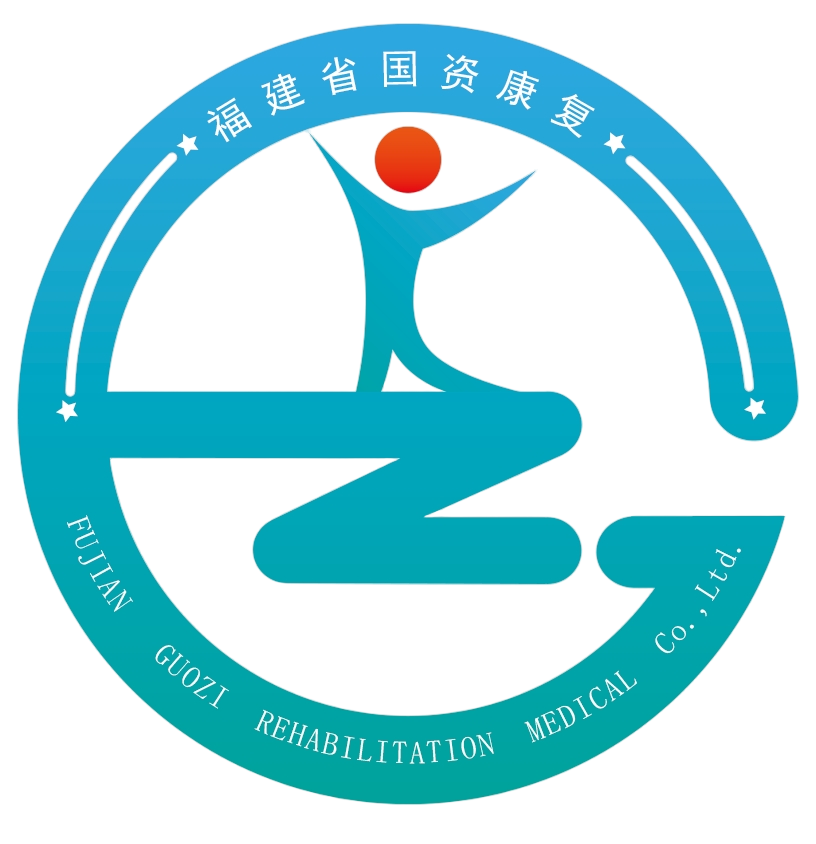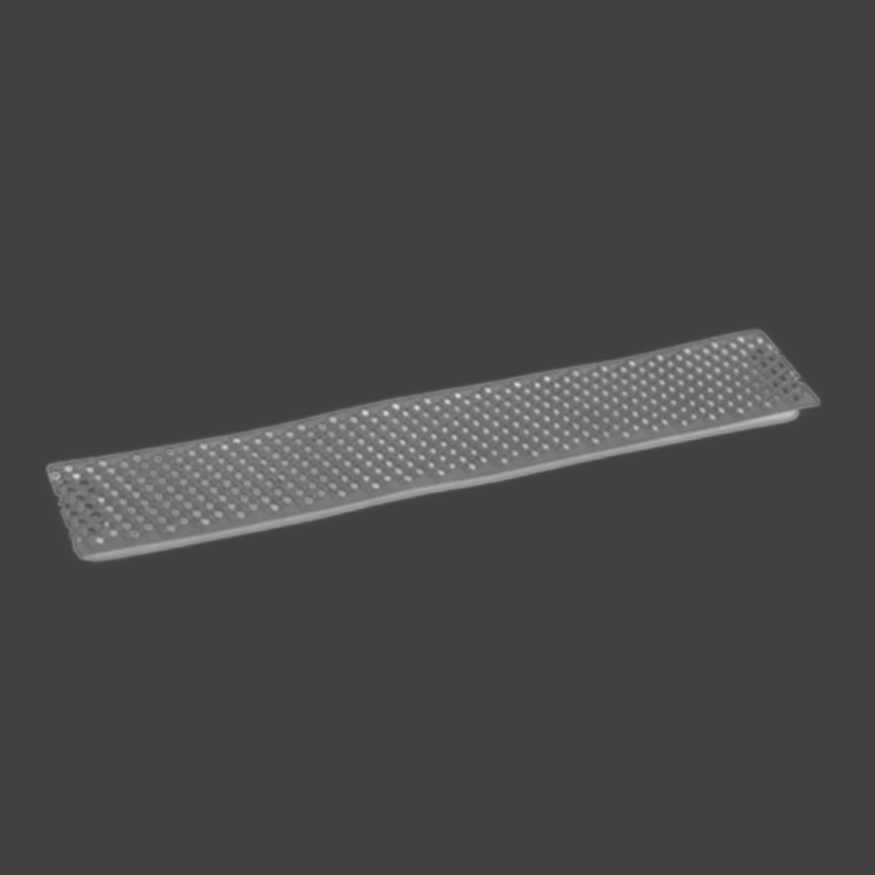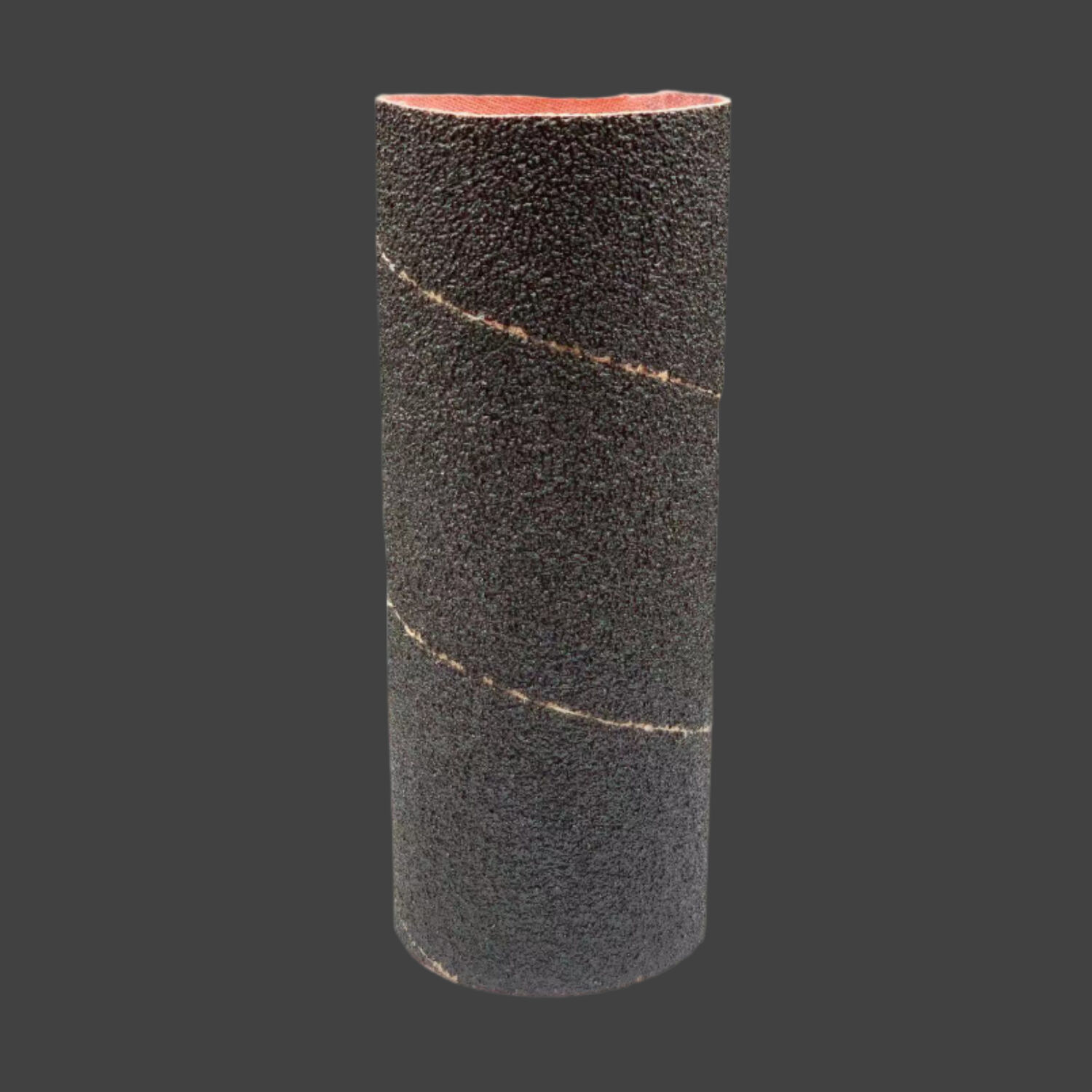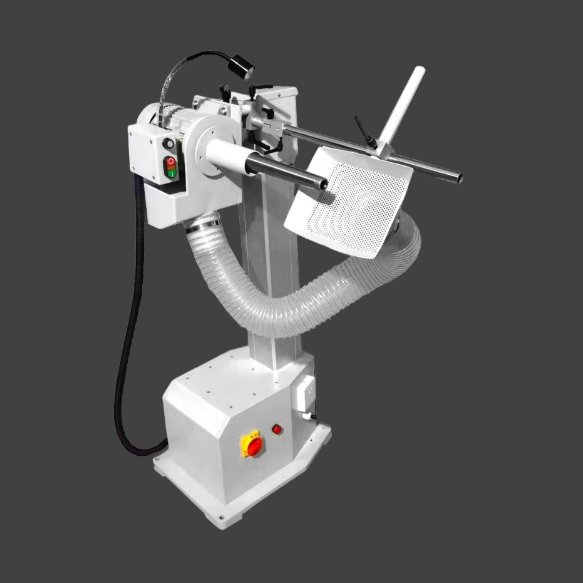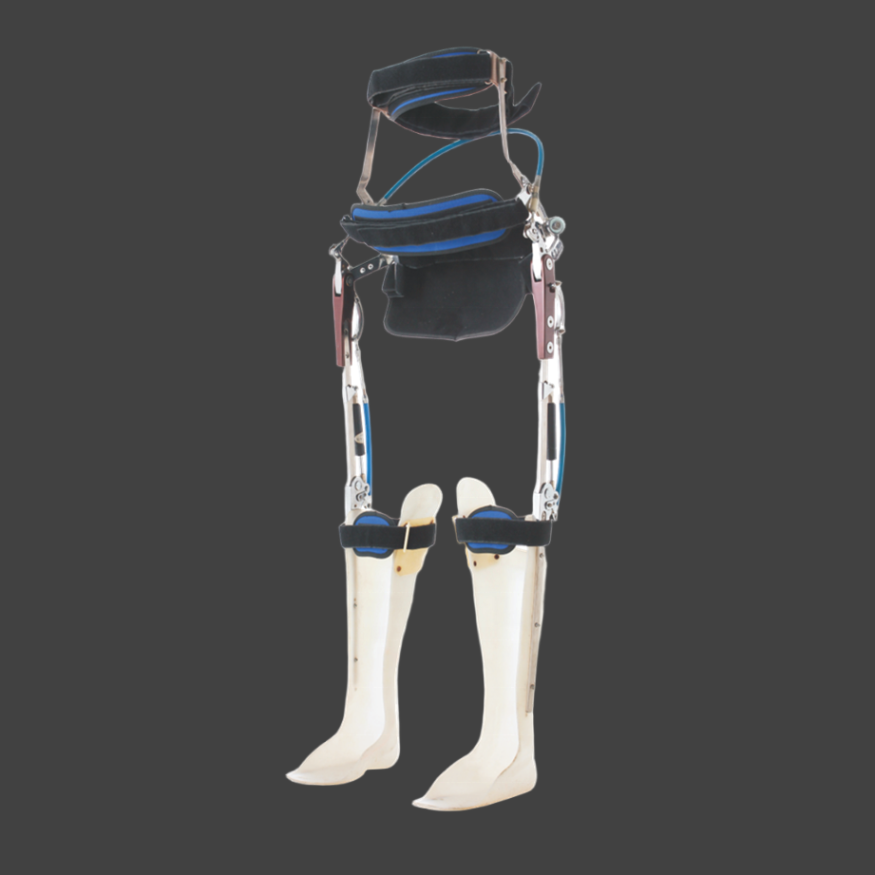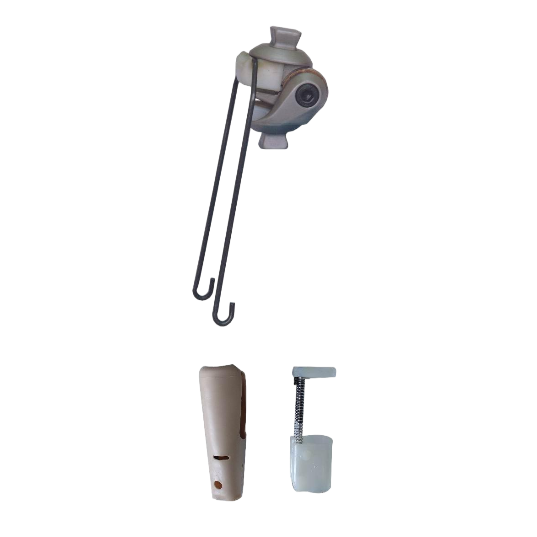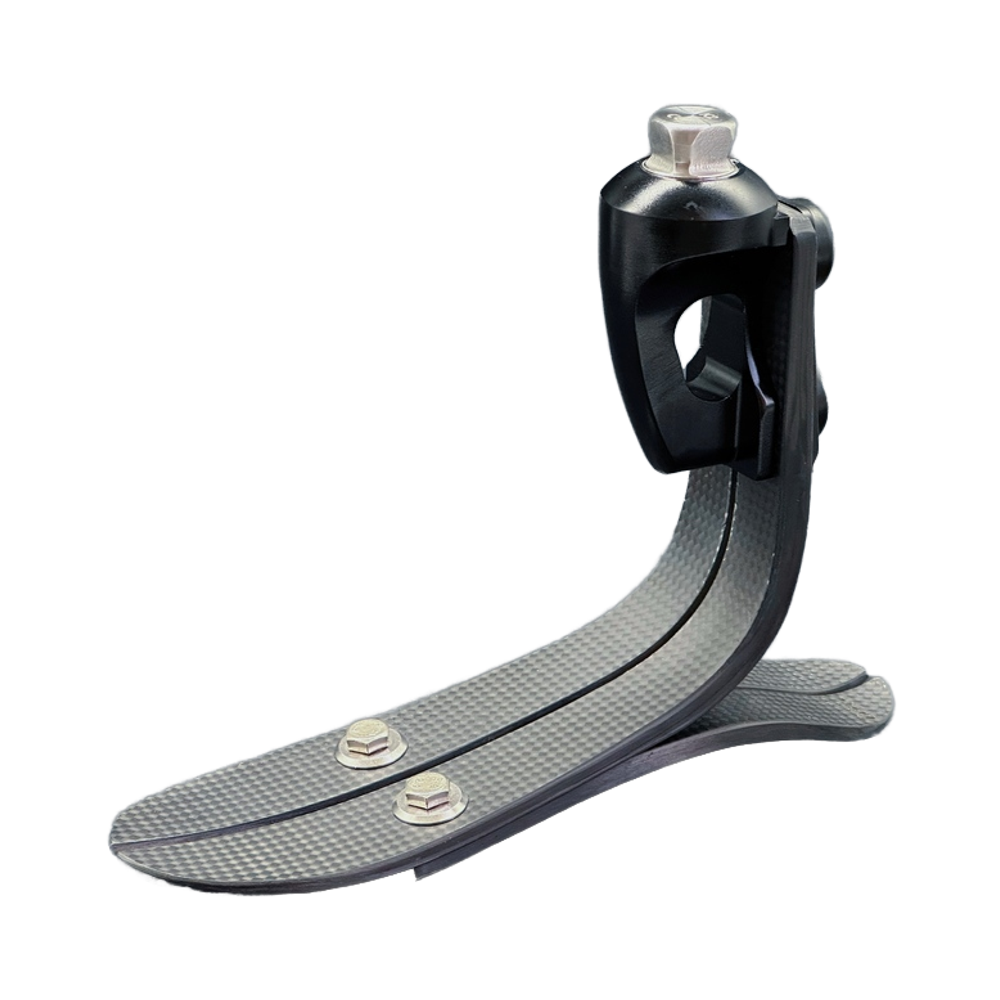Advanced Prosthetic Technology Integration
Ang modernong pangangalaga sa pasyenteng amputado ay nagbago dahil sa pagsasama ng mga advanced na teknolohiyang prostetiko na lubos na nagpapahusay sa mga kakayahang pangkilos. Kasama sa mga sistemang ito ang mga kasuklayan na kontrolado ng microprocessor na kayang magsuri at umangkop sa mga modelo ng paggalaw sa tunay na oras, nagbibigay ng mas natural at epektibong paggalaw. Ang mga prostetiko ay mayroong sopistikadong mga sistema ng sensor na makakakita ng mga pagbabago sa lupa, bilis, at intensyon ng paggalaw, na nagpapahintulot sa maayos na pag-angkop sa iba't ibang kondisyon ng kapaligiran. Ang teknolohiyang ito ay nagbibigay-daan sa mga gumagamit na maglakad nang may higit na kumpiyansa at katatagan sa mga hagdan, pagbaba't pagtaas, at di-makatarungang ibabaw. Ang pagsasama ng mga algorithm ng machine learning ay nagpapahintulot sa prostetiko na matutuhan at umangkop sa natatanging mga modelo ng paglalakad ng gumagamit, pinahuhusay ang pagganap sa paglipas ng panahon. Ang mga advanced na sistemang ito ay kasama ring may konektibidad sa smartphone para sa pagmamanman at pagbabago ng mga setting, tinitiyak ang pinakamahusay na pagganap para sa iba't ibang gawain.


